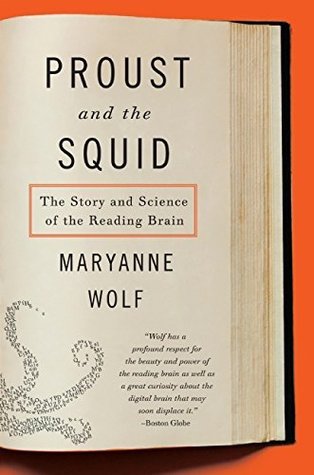More on this book
Community
Kindle Notes & Highlights
Read between
December 30, 2024 - January 10, 2025
I believe that reading, in its original essence, [is] that fruitful miracle of a communication in the midst of solitude. —MARCEL PROUST
WE WERE NEVER BORN TO READ. HUMAN BEINGS invented reading only a few thousand years ago. And with this invention, we rearranged the very organization of our brain, which in turn expanded the ways we were able to think, which altered the intellectual evolution of our species. Reading is one of the single most remarkable inventions in history; the ability to record history is one of its consequences. Our ancestors’ invention could come about only because of the human brain’s extraordinary ability to make new connections among its existing structures, a process made possible by the brain’s
...more
Proust saw reading as a kind of intellectual “sanctuary,” where human beings have access to thousands of different realities they might never encounter or understand otherwise.
While reading, we can leave our own consciousness, and pass over into the consciousness of another person, another age, another culture. “Passing over,” a term used by the theologian John Dunne, describes the process through which reading enables us to try on, identify with, and ultimately enter for a brief time the wholly different perspective of another person’s consciousness.
When we pass over into how a knight thinks, how a slave feels, how a heroine behaves, and how an evildoer can regret or deny wrongdoing, we never come back quite the same; sometimes we’re inspired, sometimes saddened, but we are always enriched.
This is the essence of what is called the alphabetic principle, and it depends on your brain’s uncanny ability to learn to connect and integrate at rapid-fire speeds what it sees and what it hears to what it knows.


